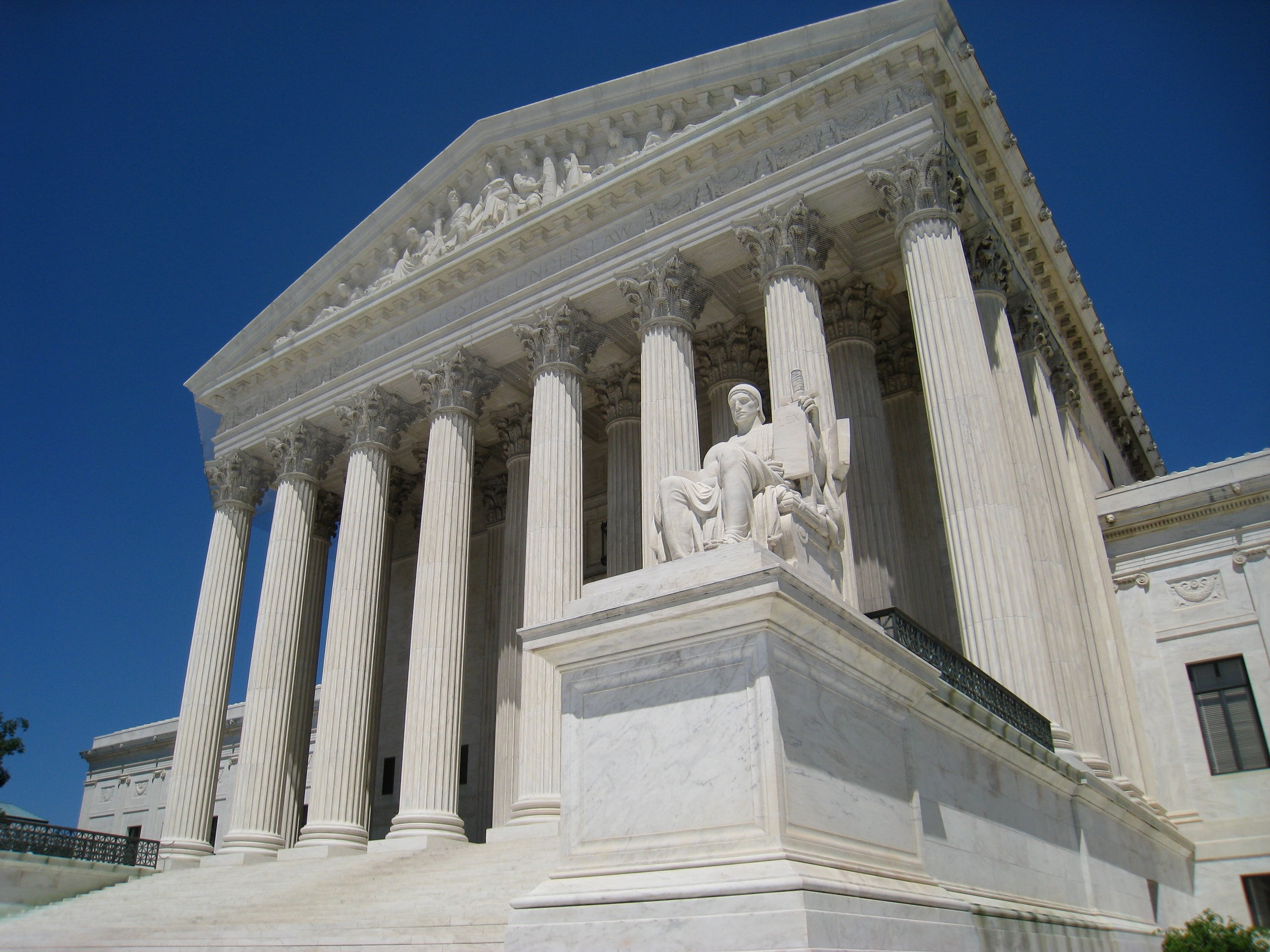Problem With Medicaid Liens? Ahlborn Gives You The Ammunition You Need.
Cases
On May 1, 2006, the United States Supreme Court addressed Medicaid liens in the landmark decision of Arkansas Department of Health & Human Services v. Ahlborn, 547 U.S. 268, 126 S.Ct. 1752 (2006), where the court held that Medicaid can only recoup amounts earmarked or determined to be “past medical expenses”. In Ahlborn, the court held that an individual’s right to sue and subsequent settlement is their property and not that of the state Medicaid department.
In Ahlborn, the United States Supreme Court unanimously held that: (a) a State’s Medicaid agency may recover against proceeds of a personal injury case only as to the party of the proceeds that compensates for past medical expenses; and (b) when it is established that a settlement represents a particular percentage of the total value of the case, the State’s Medicaid agency may recover only that percentage of the total amount it has paid.
The decision in Ahlborn provides that the federal law authorizing states to collect Medicaid benefits from liable third-parties prohibits collection from portions of a settlement or judgment that represent compensation for damages other than past medical expenses. The provisions in state statutes that require the reimbursement of Medicaid expenditures from the entire third-party settlement are unenforceable.
In all pre-Ahlborn cases, New York’s Court of Appeals held that a Medicaid lien can be satisfied from the entire amount of a personal injury settlement or judgment. Ahlborn effectively overruled prior New York case law dealing with the settlement of Medicaid liens.
In New York, the lower courts have relied upon Ahlborn to reduce and/or eliminate Medicaid liens. Lugo v. Beth Israel Medical Center, 13 Misc.3d 681, 819 N.Y.S.2d 892 (2006)(“Ahlborn must be read to limit the DSS recoupment to the amount of the settlement proceeds allocated to past medical expenses.”); Ferguson v. IHB Realty, 13 Misc.3d 1029, 821 N.Y.S.2d 848 (2006)(Medicaid is relegated to recoup only that portion of the settlement specifically allocated to medical expenses/costs); Chambers v. Jain, 15 Misc.3d 1120, 839 N.Y.S.2d 432 (2007); Harris v. City of New York, 16 Misc.3d 674, 837 N.Y.S.2d 486 (2007).
Under New York law, a plaintiff is technically permitted to recover past medical expenses. However, at the conclusion of the trial, the defendant gets credit for medical expenses that have been paid by a collateral source, such as Medicaid, Medicare or private health insurance, and consequently, the plaintiff is not actually compensated for past medical expenses under CPLR section 4545. Since medical expenses are collateral sources and the plaintiff cannot be compensated for such collateral sources (assuming payment by Medicaid), common sense dictates that no settling defendant is going to include in the amount of a settlement items that it would not have had to pay if the case had been tried to a judgment.
In the case of Tristani v. Richman, 2009 WL 799747 (M.D.Pa. March 25, 2009), a Pennsylvania federal district court held that the anti-lien and anti-recovery provisions (42 U.S.C. section 1396k(b)) of federal law bar any recovery of injury settlements directly from personal injury victims by Medicaid departments. In Tristani, Rita Tristani suffered a stroke after surgery adn received Medicaid benefits. Ms. Tristani sued her doctors for medical malpractice and received a settlement. The state notified the attorneys involved in Ms. Tristani’s case that it maintained a lien on the settlements for medical expenses paid on behalf of Ms. Tristani.
After a lengthy analysis, the U.S. District Court for the Western District of Pennsylvania held that the liens imposed by the state for medical expenses violate the anti-lien and anti-recovery provisions of federal Medicaid law. The court in Tristani noted that while the Supreme Court in Ahlborn found that the state may not recover non-medical expenses, it left open the question as to whether the state could recover medical expenses. According to the court, the state is free to intervene in the cases or directly represent its own interests, but having failed to do so, it is not entitled to impose liens on settlement proceeds.
Ahlborn and Tristani are huge victories for plaintiffs and plaintiffs’ attorneys! Make sure you use these cases in your battle against Medicaid liens.
